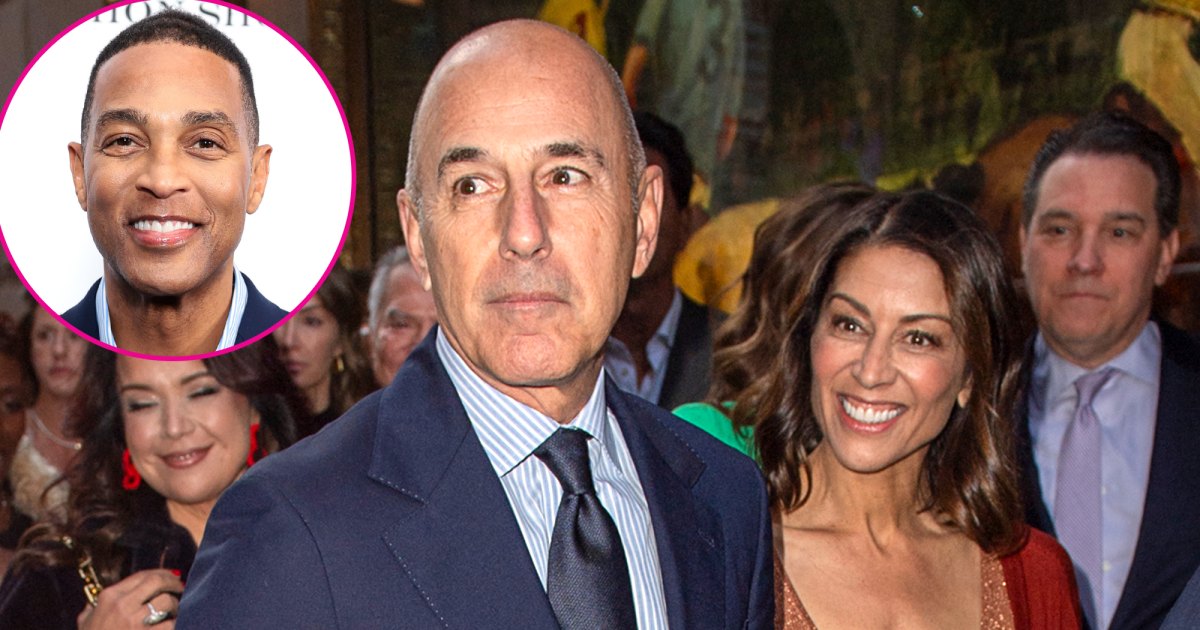Just like Yelp, Salesforce is letting everyone have their say. But in the case of the software company, it’s not annoyed customers critiquing restaurants, but employees reviewing their managers.
Flipping the power switch, Salesforce has an internal scoreboard that tracks effectiveness among managers with more than five direct reports based on biannual surveys from employees. Around since pre-pandemic times and updated two years ago, it’s used as more of a leadership development tool than a performance tool, a Salesforce spokesperson explained to Fortune.
This “leadership score,” as Brent Hyder, president and chief people officer at Salesforce, described it to the Wall Street Journal, has worked: 90% of Salesforce workers feel their bosses are helping them be more successful, Hyder said, adding that the scoreboard pressures managers to hold one-on-ones and manage appropriately.
Sometimes reviews or feedback can feel like throwing a shoe into a long hallway: ineffective. But Salesforce’s scoreboard is making a clear difference for several reasons. For one, it’s accessible to all employees, making it easier for them to know what manager they want to work for if they’re switching teams, the spokesperson said. It also increases transparency and holds managers to their word.
“People here do take it so seriously,” the spokesperson said. “It helps you be accountable all year long too, because if you are not doing right by your team, then people are [going to] know, including your boss and your boss’s boss, and anyone else at the company who cares to look into it.”
This doesn’t mean managers with a bad score get fired; rather it’s a learning opportunity and a time to check in with one’s team, they added.
The also attributed the success of manager effectiveness to Salesforce’s new management training program, which offers leadership courses meant to sharpen hybrid skills—24,000 managers joined, per the Journal.
These courses come at a time when managers are feeling more stress than ever. The middleman is often given the task of bridging the gap in communication between executives and employees, often stuck implementing return-to-office plans. All this extra work has led to middle-manager burnout.
“We’re hearing people say, ‘We’d like to encourage teams to come back.’ You need to be clear about why they’re doing it,” Jane, a customer service operations manager, told the Financial Times. “Otherwise it is just putting pressure on middle managers.”
Even Salesforce noticed during the pandemic that its leadership scores started to dip as managers became more burnt-out.
“This was in direct response to what we were seeing during the pandemic, that managers and particularly middle managers were struggling the most, because they lack the resources of our most senior leaders,” explained the Salesforce spokesperson. “And then their jobs completely changed.”
Being a middle manager was already a stressful job pre-pandemic, thanks to switching modes between teams and bosses. But the changes in social norms have led to increased anxiety and depression among people in this position, according to research from Columbia University and the University of Toronto. These days, managers feel added pressure as we return to the office and navigate new workplace dynamics.
As Hyder told the Journal, “Managers have always been important, but they’ve never been this important.”
Sign up for the Fortune Features email list so you don’t miss our biggest features, exclusive interviews, and investigations.


















:quality(85):upscale()/2023/09/13/661/n/1922564/e914a1066501cc897903d6.08615338_.png)









